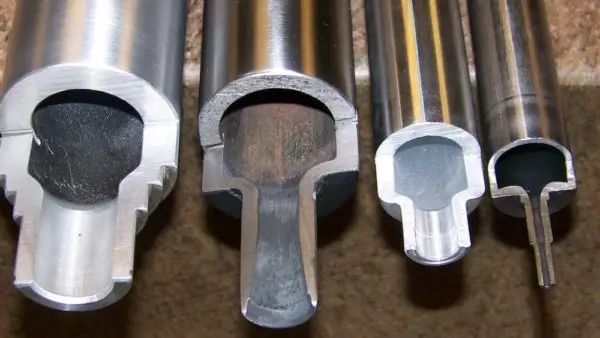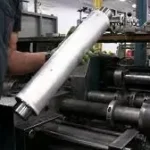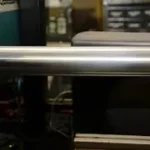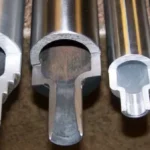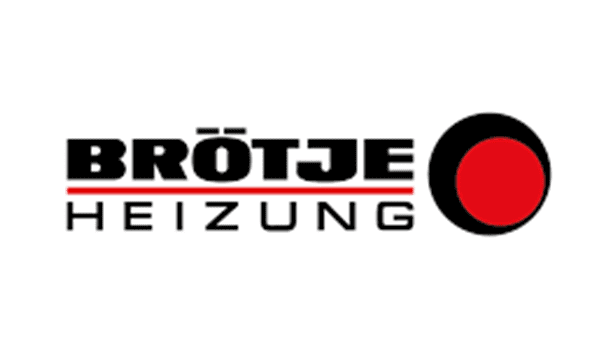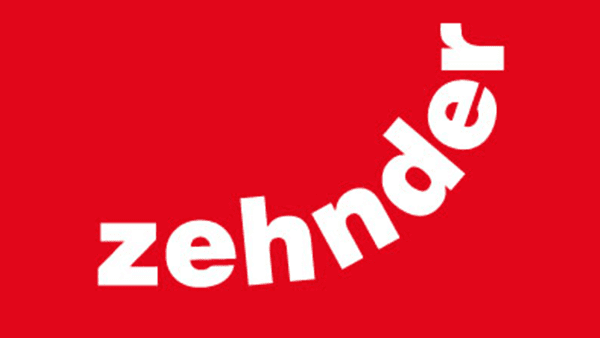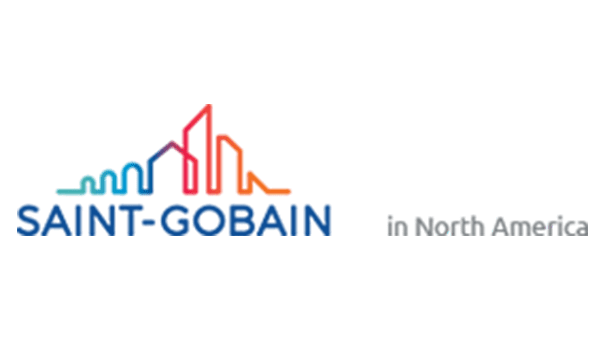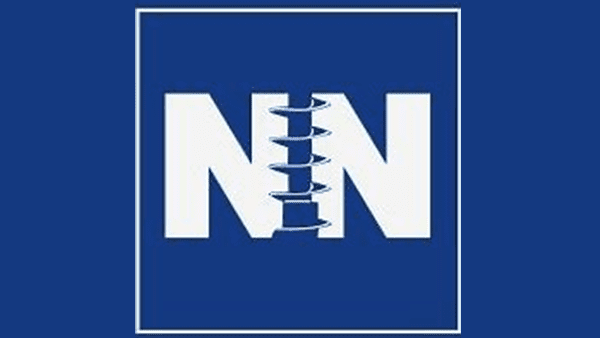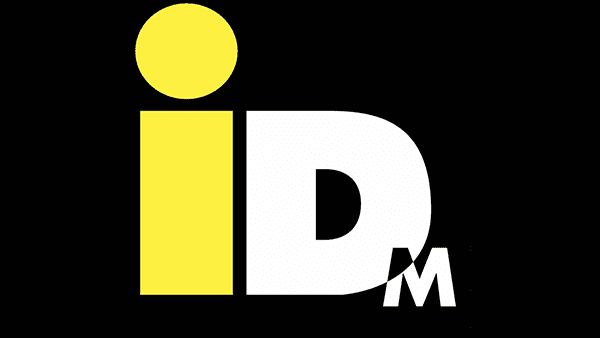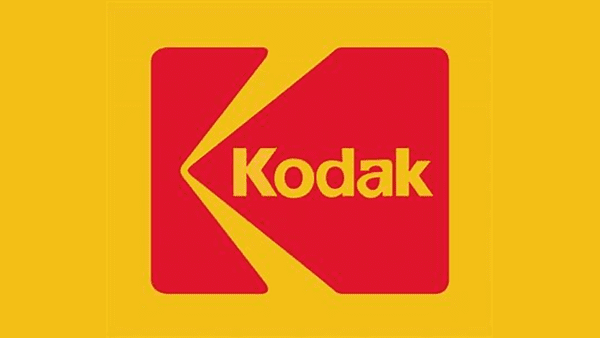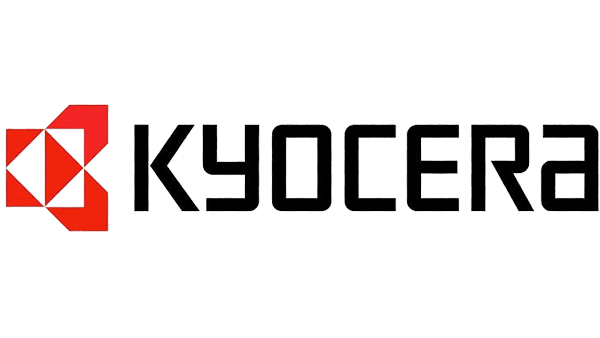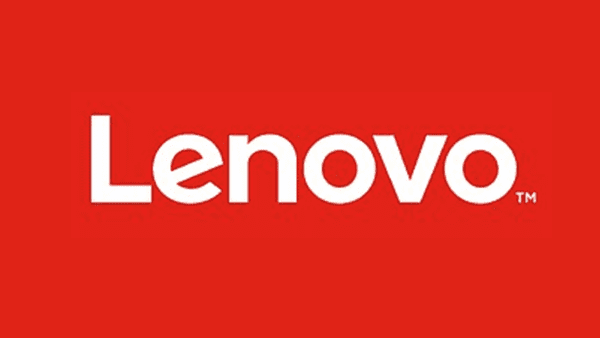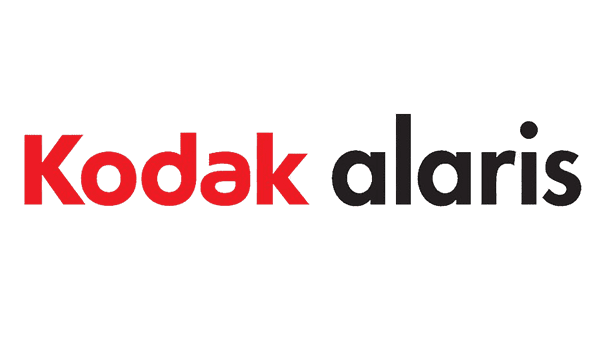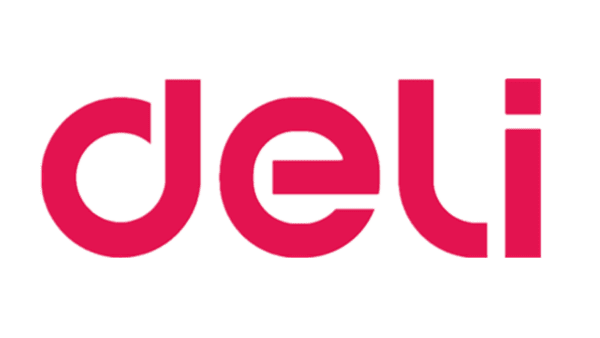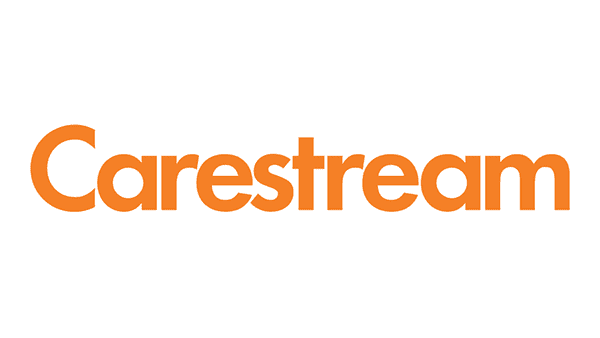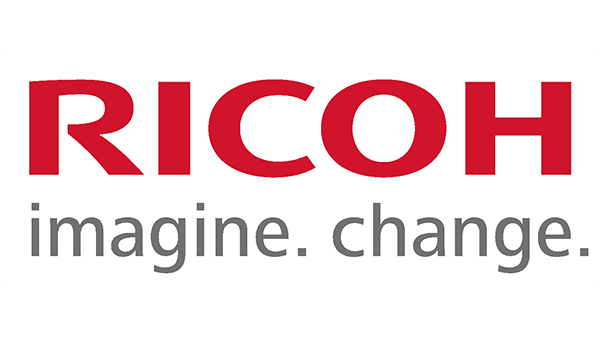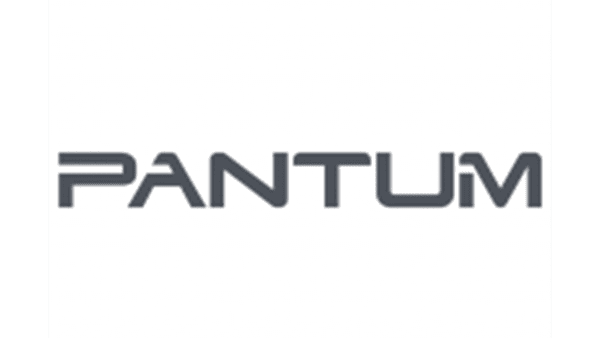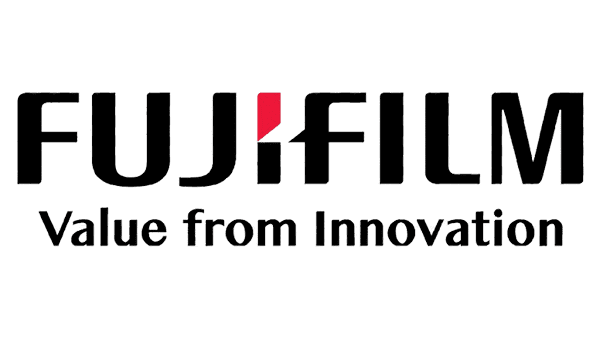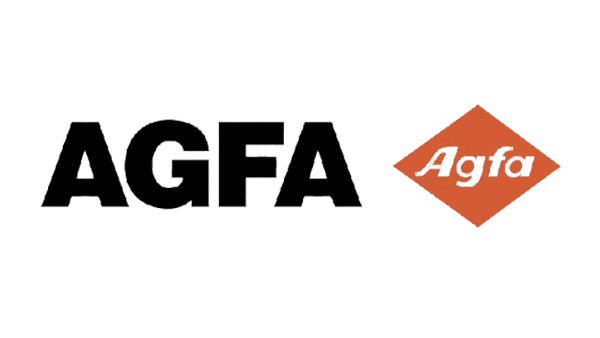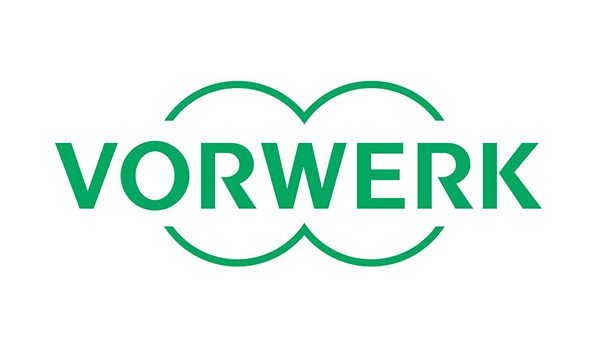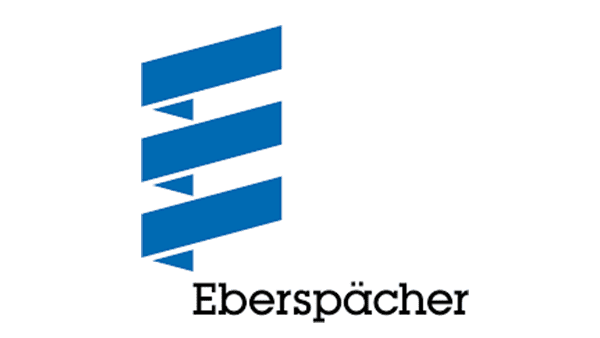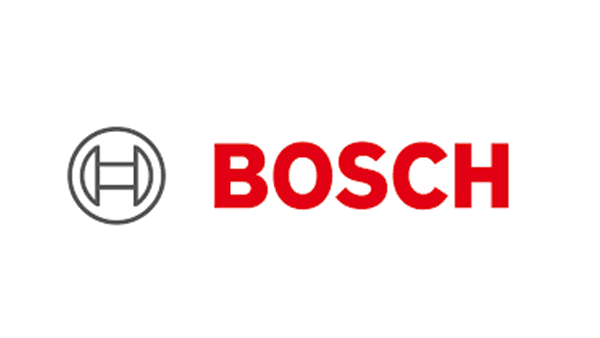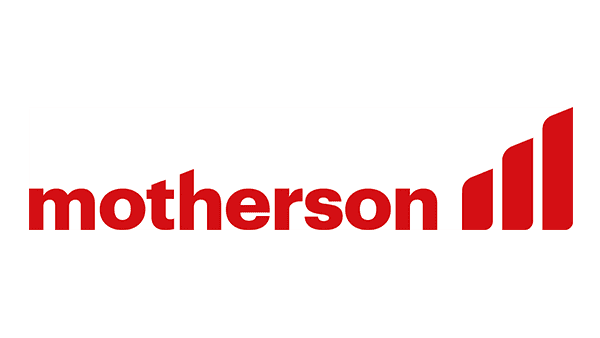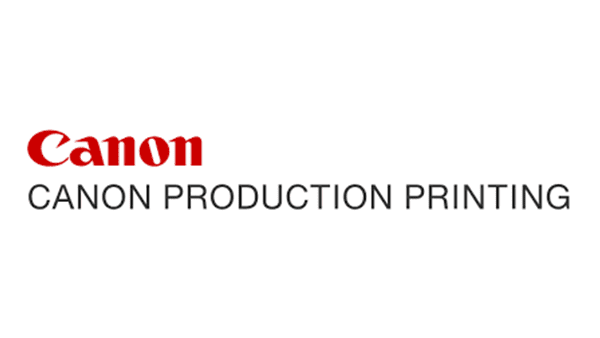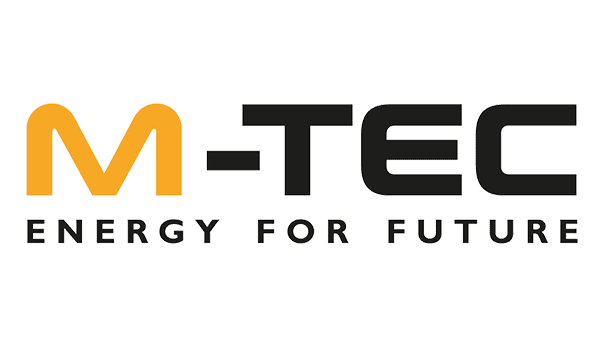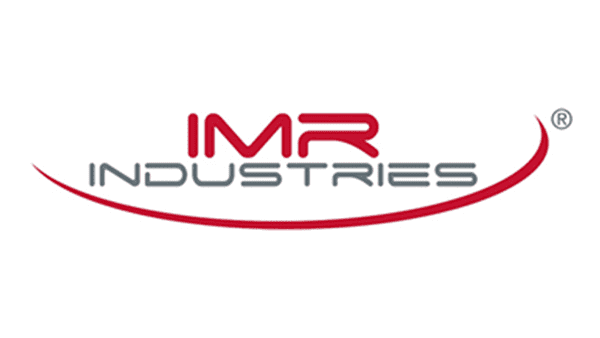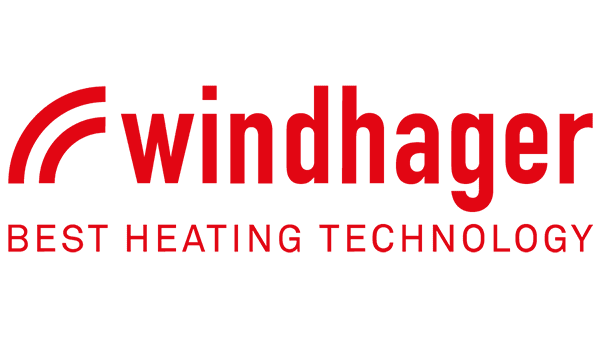Enbi Group specializes in industrial roll forming solutions, a sophisticated manufacturing process that precisely shapes metal sheets into desired cross-sections. Passing through a series of rollers, metal forms complex profiles with high precision and consistency. This method is widely utilized across sectors like automotive, construction, and appliances, for producing essential components such as beams, channels, and tubes.
Our industrial roll forming capabilities offer exceptional cost-effectiveness. The continuous production of long parts significantly reduces manufacturing time and labor costs. Our expertise in industrial roll manufacturing ensures highly efficient production, minimizing material waste and maximizing raw material usage. Enbi is an ideal partner for businesses seeking both value and quality.
Our technique excels in custom metal roll forming, accommodating various metals and thicknesses, from steel and aluminum to copper. This adaptability ensures manufacturers meet specific design requirements and stringent industry standards. Enbi’s precision creates specialized components tailored to diverse applications, delivering the exact profiles you need.
Discover how Enbi’s industrial roll forming services can support your project.
Which industries utilize roll forming?
Roll forming is a versatile manufacturing process capable of producing a wide range of parts and components across various industries. From automotive to construction, and from furniture to solar energy, roll forming plays a crucial role in shaping metal sheets into various profiles and components. The extensive adaptability of roll forming technology extends its reach into industries such as HVAC, marine, telecommunications, and many others.
Here’s a comprehensive list of industries that commonly utilize roll forming:
- Automotive: Producing structural components, chassis, and body parts.
- Construction: Creating beams, studs, and roofing materials.
- Appliances: Manufacturing frames and enclosures for household devices.
- Furniture: Forming metal parts for frames and supports.
- Storage and Racking Systems: Designing shelves and storage units.
- Solar Energy: Shaping frames and mounts for solar panels.
- Electronics: Producing casings and enclosures.
- Aerospace: Fabricating structural components and supports.
- Agriculture: Creating parts for machinery and equipment.
- Transportation: Manufacturing components for various vehicles.
- HVAC: Producing ducts and ventilation systems.
- Energy and Power Generation: Forming parts for power plants and equipment.
- Marine and Shipbuilding: Creating structural components for ships.
- Lighting Fixtures: Manufacturing frames and supports for lighting systems.
- Material Handling: Designing components for conveyors and handling systems.
- Telecommunications: Producing structural components for towers and equipment.
- Architectural Design and Metalwork: Creating decorative and structural elements.
- Sporting Goods: Forming metal parts for equipment and structures.
- Retail Display and Shelving: Manufacturing displays and shelving units.
- Food Processing and Packaging: Producing frames and components for machinery.
What products are made by the rolling process?
Common parts created using Enbi’s specialized roll forming machines include:
- Profiles and Shapes: Roll forming is often used to create complex profiles and shapes, such as channels, angles, beams, and tubes. These profiles are widely used in construction, automotive, and other industries for structural and decorative purposes.
- Frames and Rails: Roll forming is utilized to produce frames and rails for applications such as doors, windows, enclosures, and transportation equipment. These components provide structural support and framework for various products and structures.
- Panels and Cladding: Roll forming is employed to manufacture panels and cladding materials used in building construction, automotive bodies, and appliances. These panels can have various shapes, textures, and finishes to meet aesthetic and functional requirements.
- Supports and Brackets: Roll forming is used to create supports, brackets, and mounting systems for various equipment and machinery. These components provide stability, reinforcement, and attachment points in different applications.
- Trim and Molding: Roll forming is employed to produce trim and molding components used in interior and exterior finishing applications. These components enhance the appearance of products and structures while providing protection and covering exposed edges.
- Racks and Shelving: Roll forming is utilized to fabricate racks, shelving units, and storage systems for warehouses, retail stores, and industrial facilities. These components provide efficient storage solutions for organizing and handling goods.
- Solar Mounting Structures: In the renewable energy sector, roll forming is often used to manufacture mounting structures and frames for solar panels and arrays. These structures support the installation of solar panels on rooftops, ground mounts, and other locations.
- Automotive Components: Roll forming is employed to produce various automotive components such as bumpers, reinforcements, structural members, and trim parts. These components contribute to the strength, safety, and aesthetics of vehicles.
Overall, roll forming offers versatility, efficiency, and precision in creating customized metal parts and components for a vast array of applications across many industries.
What are the Benefits of Roll Forming?
Roll forming offers numerous advantages that can significantly enhance manufacturing processes across various industries. Below we highlight some of the key benefits of roll forming for businesses.
Maximizing Business Success with Roll Forming
In the competitive world of modern manufacturing, businesses are constantly seeking innovative solutions to drive efficiency, quality, and profitability. Roll forming stands out as a versatile technology offering a multitude of benefits to businesses across industries.
Cost Efficiency: Maximizing Return on Investment (ROI)
Roll forming offers unparalleled cost efficiency by minimizing material waste and optimizing production processes. With the ability to produce long lengths of parts with high precision, businesses can achieve significant cost savings throughout their manufacturing operations. By maximizing the utilization of materials and reducing scrap, roll forming helps businesses enhance their bottom line and maintain a competitive edge in the market.
Precision Engineering: Superior Quality and Reliability
Precision is paramount in modern manufacturing, and roll forming excels in delivering intricate profiles and shapes with unmatched accuracy. By leveraging advanced roll forming technology, businesses can consistently produce complex components to exact specifications.
This precision engineering capability ensures superior quality and reliability in end products, minimizing the risk of defects and rework. With roll forming, businesses can instill confidence in their customers by delivering products that meet the highest standards of quality and reliability.
Versatile Adaptability: Meeting Diverse Needs
Flexibility is essential for businesses to meet the diverse needs of customers and adapt to changing market demands. Roll forming offers unparalleled versatility, allowing businesses to work with a wide range of metals, thicknesses, and configurations.
Whether it’s automotive components, architectural profiles, or industrial fixtures, roll forming empowers businesses to quickly pivot and deliver customized solutions that meet or exceed customer expectations. This adaptability not only enhances customer satisfaction but also opens doors to new opportunities and markets for business growth.
In conclusion, the adoption of roll forming technology presents businesses with a transformative opportunity to enhance their manufacturing capabilities and drive sustainable growth. From maximizing ROI through cost efficiency to ensuring quality excellence and meeting diverse needs with versatile adaptability, roll forming offers a multitude of benefits for businesses.
Ready to experience the benefits of our roll forming services for your business? Contact our roll forming experts at Enbi today to discuss your manufacturing needs and explore how we can help you achieve your goals.
Below are some of the most common questions about roll forming.
WHAT IS ROLL FORMING?
Roll forming is a continuous process that shapes metal sheets or coils into desired cross-sectional profiles using a series of rollers. This method is performed at room temperature and allows for the creation of complex shapes with high precision.
WHAT MATERIALS CAN BE USED IN ROLL FORMING?
Roll forming can work with a wide range of metals including steel (both carbon and stainless), aluminum, brass, copper, titanium, and various coated metals. This versatility makes it suitable for numerous applications across different industries.
WHAT ARE THE ADVANTAGES OF ROLL FORMING?
Roll forming offers several benefits such as cost efficiency by reducing material waste, the ability to produce long and continuous lengths of metal parts, high precision and consistency, and the capacity to perform multiple secondary operations like punching and cutting in-line.
WHAT IS THE TYPICAL THICKNESS AND LENGTH OF ROLL-FORMED PARTS?
The thickness of materials that can be roll-formed ranges from 0.018 inches to 0.1644 inches, accommodating up to 8 gauge thickness. Parts can be produced in lengths ranging from a few inches to several feet, typically up to 45 feet long.
CAN ROLL FORMING HANDLE CUSTOM DESIGNS?
Yes, roll forming is highly adaptable to custom designs. It can produce unique profiles tailored to specific requirements, making it ideal for customized applications in many industries.
WHAT SECONDARY OPERATIONS CAN BE PERFORMED IN ROLL FORMING?
Secondary operations in roll forming include bending, embossing, flattening, welding, in-line punching, notching, piercing, and stamping. These operations can be integrated into the roll forming process to enhance the functionality and finish of the final product.
HOW DOES ROLL FORMING COMPARE TO OTHER METAL FORMING PROCESSES?
Roll forming is typically more cost-effective for producing long lengths of metal parts compared to processes like stamping or extrusion. It also offers higher precision and less material waste.
WHAT INDUSTRIES COMMONLY USE ROLL FORMING?
Industries such as automotive, construction, appliances, furniture, storage systems, solar energy, electronics, aerospace, agriculture, transportation, HVAC, marine, and telecommunications frequently use roll forming.
HOW DOES ROLL FORMING HANDLE COMPLEX SHAPES?
Roll forming can produce complex cross-sectional profiles by gradually bending the metal through successive pairs of rollers, allowing for intricate shapes and designs.
WHAT KIND OF MAINTENANCE DOES ROLL FORMING EQUIPMENT REQUIRE?
Regular maintenance is essential for roll forming equipment to ensure optimal performance. This includes routine inspections, lubrication, alignment checks, and replacement of worn-out parts.
View our brochures download page to learn more about Enbi.

Find your local Enbi facility to enquire about our roll forming options.

Urgent technical question? Contact our experienced engineers for advice.

